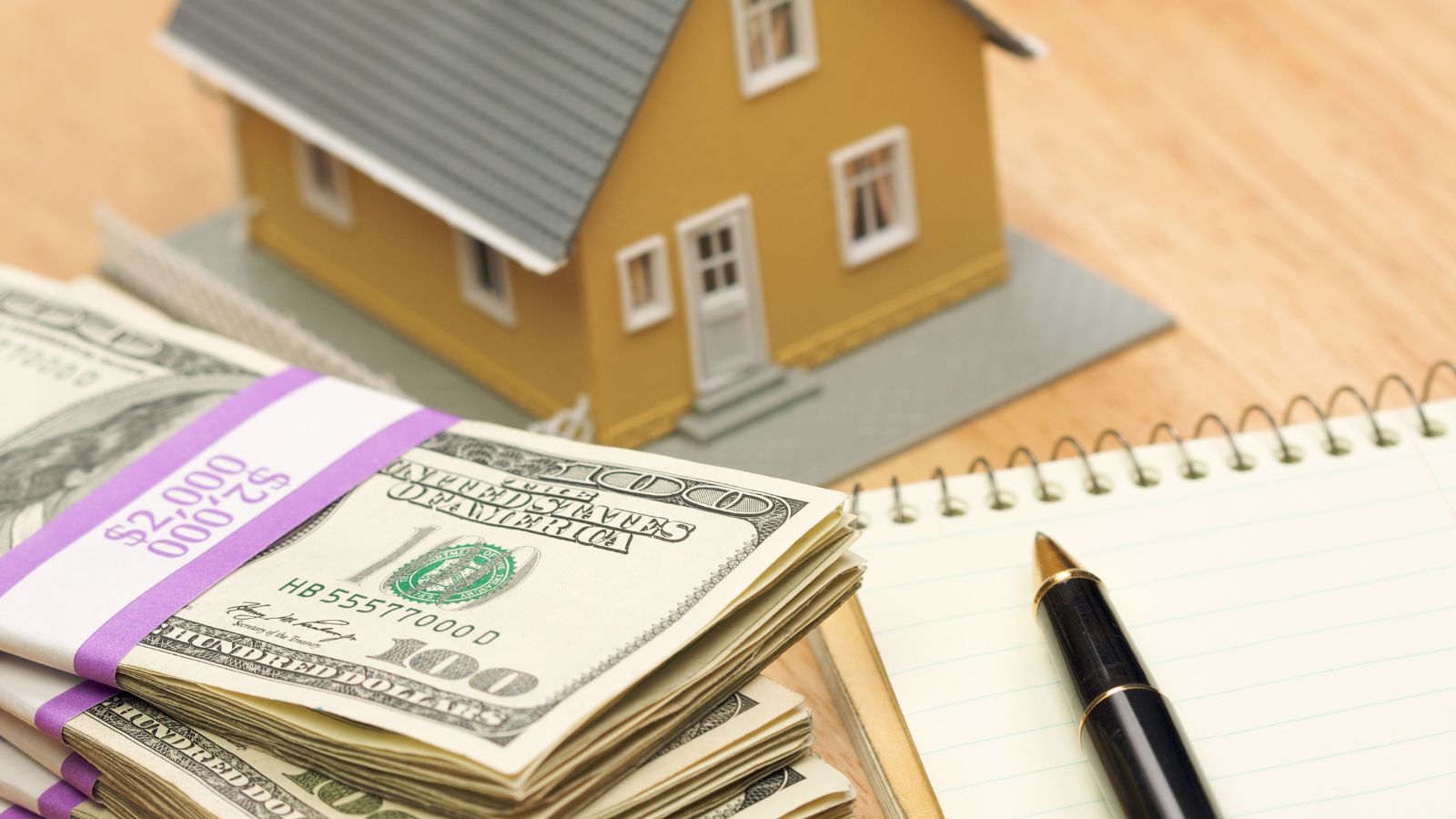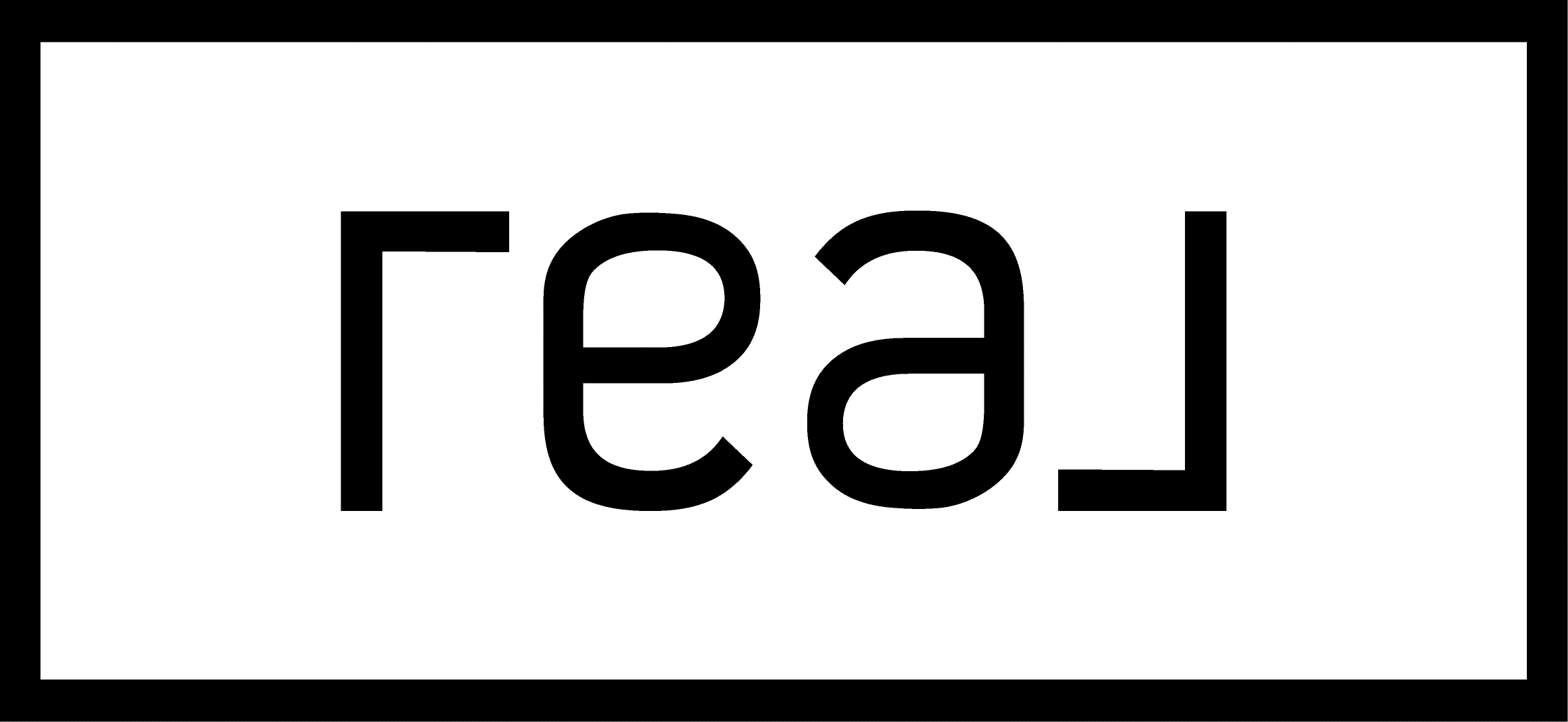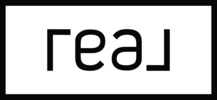When you’re buying your first house, there are many things to keep in mind. Not only do you need to find the right property, but you also have to budget for all of the associated costs. Here is a list of some of the expenses you should consider when buying your first home.

Down Payment
When you’re ready to purchase a home, the first thing you’ll need to consider is your down payment. The size of your down payment will vary based on the type of home loan you’re applying for.
For example, if you’re applying for a conventional loan, you’ll typically need to put down 20% of the purchase price. However, if you’re applying for an FHA loan, you may be able to put down as little as 3.5%.
On a $200,000 home, with a conventional 20% deposit, you’ll pay $40,000 upfront. If you opt for an FHA loan with a 3.5% down payment, your upfront costs will be $7,000.
While the down payment is certainly an important factor to consider, don’t forget about all of the other associated costs when budgeting for your first home.
Earnest Money Deposit
An earnest money deposit is a deposit made by the buyer to show that they are serious about purchasing a home. This money is typically held in escrow and applied to the purchase price of the home at closing.
The amount of earnest money you’ll need to put down will vary based on your lender’s requirements, but it’s typically 1-2% of the purchase price. So, if you’re buying a $200,000 home, you’ll need to put down $2,000-$4,000 in earnest money.
Closing Costs
Closing costs for homebuyers are fees paid at the closing of a real estate transaction. Closing is when the title of the property is transferred from the seller to the buyer. These costs can range from 2-5% of the purchase price.
For example, on a $200,000 home, closing costs could be as high as $10,000. You would usually pay these costs in cash on the day of closing. However, lenders will sometimes make exceptions and will encompass those costs into your mortgage. The downfall to that is that you’ll be paying thousands of dollars in interest on that money over the course of the next 30 years.
The lender determines most of the closing costs, but you may be able to reduce them by shopping around and comparing different lenders.
You can also try to negotiate with the seller to have them pay some or all of the costs, especially in a buyers’ market. A buyers’ market is when there are more houses for sale than there are buyers.
Examples of Closing Costs
Closing costs vary by lender and by state, but here are a few of the most common closing costs you can expect:
Application fee: An application fee for your mortgage is charged by the lender to cover the cost of processing your loan application.
Credit report fee: A credit report fee is charged by the lender to pull your credit report.
Underwriting fee: An underwriting fee is charged by the lender to cover the cost of underwriting, or approving, your loan.
Origination fee: A loan origination fee for your mortgage is charged by the lender for originating, or creating, your loan.
Loan processing fee: A loan processing fee is charged by the lender to cover the cost of processing your loan.
Title insurance: Title insurance protects your lender from any problems that may arise from the title of the property.
Homeowners insurance: Most home mortgage lenders will require you to have homeowners insurance, which covers your home financially in case of fire, theft, or other damage.
Appraisal fee: An appraisal fee is charged by the lender to have the property appraised. The appraisal is used to determine the value of the property and ensure that it’s worth the amount you’re borrowing.
Inspection fee: An inspection fee is charged by the lender to have the property inspected. The inspection is used to identify any problems with the property that could potentially affect its value.
Property taxes: Property taxes are typically paid by the seller at closing, but in some cases, they may be paid by the buyer.
HOA fees: If the house you buy is located in a community with a homeowners’ association (HOA), the HOA fees will need to be paid by the buyer.
Moving Expenses
Moving is expensive. Whether you’re moving across town or across the country, there are a number of costs that you’ll need to factor in.
First, there are the packing supplies – boxes, tape, bubble wrap, and the like. Then there’s the cost of renting a moving truck. If you’re hiring professional movers, that’s another cost to consider.
Don’t forget about utility deposits and any household supplies you might need to furnish your new home with. Window coverings, shower curtains, trash cans, cleaning supplies – it all adds up. So, before you start packing, be sure to set aside some money to cover your moving expenses.
Emergency Fund
You should have an emergency fund set aside for a few reasons. First, homeownership comes with unexpected expenses for maintenance and repairs. Second, you never know when you may be out of work for any reason, including illness.
It’s a good idea to have a 3–6-month supply of funds to cover your mortgage and other expenses temporarily while you recover. Having an emergency fund gives you peace of mind knowing that you’re prepared for whatever life throws your way.
Conclusion
There are a lot of costs to consider when buying a house. But if you’re prepared and have a budget in mind, you can make the process a lot less stressful. Plan ahead for your down payment, closing costs, moving expenses, and emergency fund. And don’t forget to factor in the ongoing costs of homeownership like utilities, insurance, and repairs. With a little preparation, you’ll be ready to take on the challenge of buying a house.


